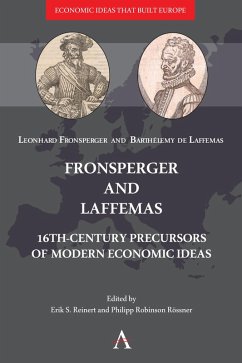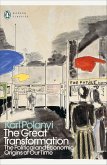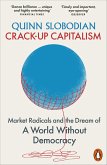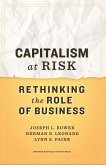This volume introduces two unique and hitherto largely unknown contributions to the making of modern economic knowledge and makes them available internationally for the first time in full English translation. Together the two texts present the early history of two main pillars of economics, the role of individual interests (Fronsperger) and the role of government policy (Laffemas). Written in 1597 Barthélemy de Laffemas' General Regulation for the Establishment of Manufactures (originally in French: Reiglement général pour dresser les manufactures), emphasises the necessity of manufacturing industry as a source of the wealth of nations. Located somewhat at the cross-roads between medieval Scholasticism and early mercantilism he presents a basic version of the infant industry argument and European standard model of economic development which made it into later doctrines of thought including Colbert, Friedrich List and 19th- and 20th-century economic policy, including the post WWII Marshall Plan.
Leonhard Fronsperger's On the Praise of Self-Interest (German original: Von dem Lob deß Eigen Nutzen, 1564) is the first documented instance of the 'Mandeville paradox', a theorem in modern economics usually associated with much later writings including Bernard de Mandeville's Fable of the Bees (1705/14), and Adam Smith's Wealth of Nations (1776). Vested in Renaissance Humanism southern German military surgeon and polymath Fronsperger argues - without moving into the abstractions of neoliberalism - that possessive individualism and self-interest are key forces moving the human economy forward, contributing to virtuous cycles of enrichment and economic development.
Leonhard Fronsperger's On the Praise of Self-Interest (German original: Von dem Lob deß Eigen Nutzen, 1564) is the first documented instance of the 'Mandeville paradox', a theorem in modern economics usually associated with much later writings including Bernard de Mandeville's Fable of the Bees (1705/14), and Adam Smith's Wealth of Nations (1776). Vested in Renaissance Humanism southern German military surgeon and polymath Fronsperger argues - without moving into the abstractions of neoliberalism - that possessive individualism and self-interest are key forces moving the human economy forward, contributing to virtuous cycles of enrichment and economic development.
Dieser Download kann aus rechtlichen Gründen nur mit Rechnungsadresse in A, D ausgeliefert werden.









